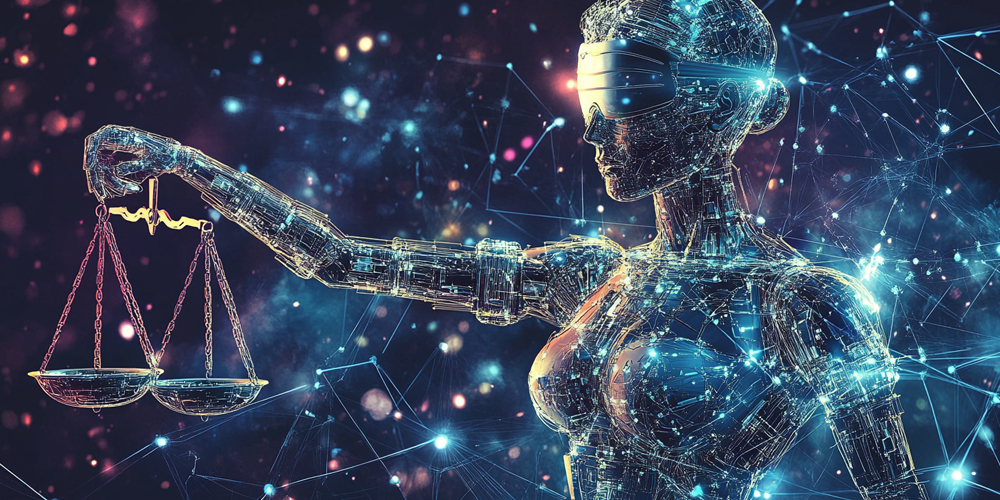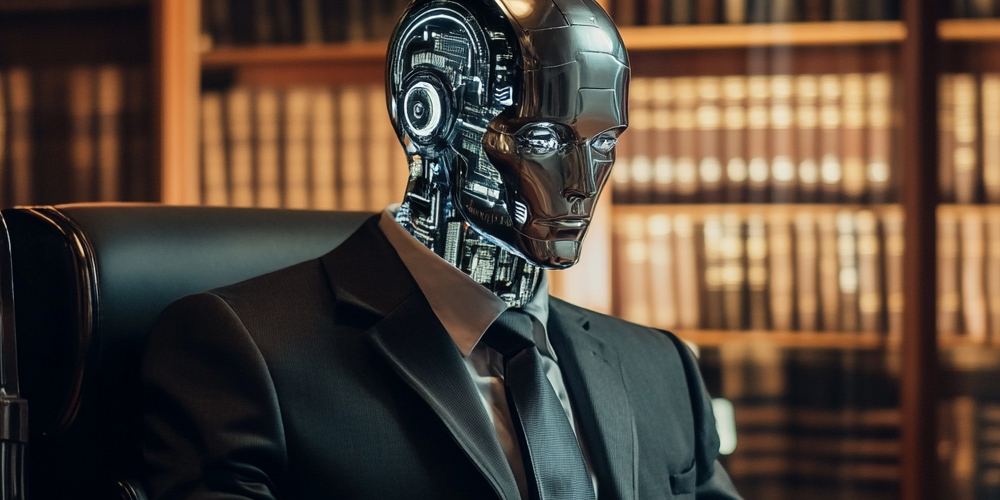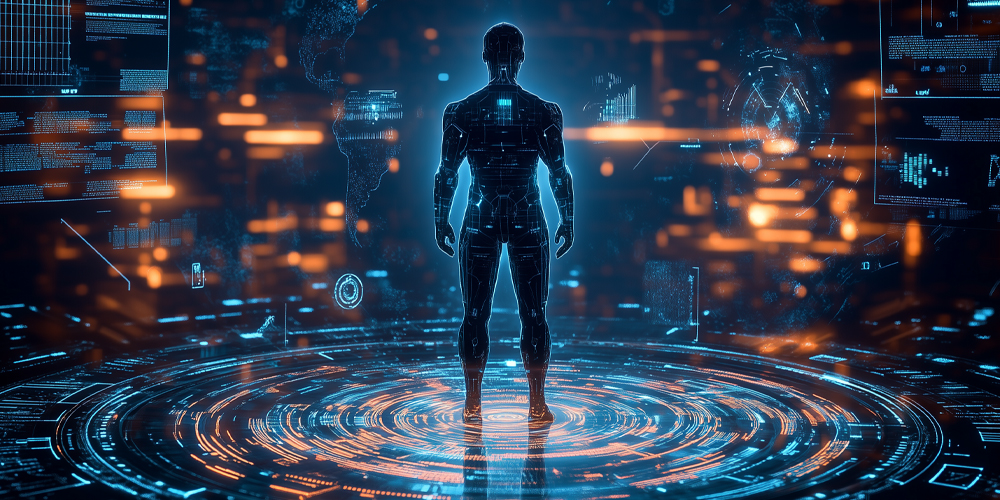The AI revolution is reshaping industries and redefining the future of work. As technology evolves, businesses must adapt to stay competitive. This article explores the profound impact of artificial intelligence on the workforce, examining both the opportunities and challenges it presents.
Understanding AI and Its Importance
Artificial intelligence refers to the simulation of human intelligence in machines. These systems can learn, reason, and self-correct. AI encompasses various technologies, including machine learning, natural language processing, and robotics. Its importance lies in its ability to analyze vast amounts of data quickly, providing insights that were previously unattainable.
The Rise of AI in Various Industries
AI’s influence spans multiple sectors, transforming how we work. Let’s explore some key industries impacted by this technology.
Healthcare
In the healthcare industry, AI improves patient care and enhances operational efficiency. Machine learning algorithms analyze medical data, helping doctors diagnose conditions faster and more accurately. For instance, AI systems can identify patterns in imaging tests, leading to earlier detection of diseases such as cancer.

Finance
The finance sector utilizes AI for risk assessment and fraud detection. Algorithms can analyze transactions in real-time, flagging suspicious activities almost instantly. Moreover, AI-driven chatbots enhance customer service by providing immediate assistance and answering common inquiries.
Manufacturing
In manufacturing, AI enhances productivity and safety. Robots equipped with AI can perform repetitive tasks with precision. They reduce human error and increase efficiency on production lines. Additionally, predictive maintenance powered by AI helps prevent equipment failures, minimizing downtime.
Opportunities Presented by AI
The integration of AI into the workplace opens up numerous opportunities. Here are some key advantages:
Increased Efficiency
AI automates routine tasks, allowing employees to focus on more strategic work. For example, administrative tasks like scheduling and data entry can be streamlined using AI tools. This increase in efficiency leads to higher productivity across teams.
Enhanced Decision-Making
With the ability to analyze data quickly, AI aids decision-making processes. Businesses can leverage predictive analytics to forecast trends and customer behavior. As a result, organizations can make informed decisions that drive growth.
New Job Creation
While there are concerns about job displacement, AI also creates new job opportunities. Positions in AI development, data analysis, and machine learning engineering are on the rise. Furthermore, jobs that require human empathy and creativity remain essential.
Challenges and Concerns
Despite the numerous benefits, the AI revolution presents challenges that must be addressed.
Job Displacement
One significant concern is the potential for job displacement. As AI automates tasks, some roles may become obsolete. It’s crucial for companies to invest in reskilling their workforce to minimize this impact.
Ethical Considerations
The use of AI raises ethical questions, particularly regarding privacy and bias. For instance, algorithms trained on biased data may lead to unfair outcomes. Companies must prioritize ethical AI practices to ensure fairness and transparency.
Security Risks
As AI systems become more prevalent, so do security risks. Cybersecurity threats can exploit vulnerabilities in AI technologies. Businesses must adopt robust security measures to protect sensitive data.
Preparing for the AI Future
To thrive in an AI-driven landscape, organizations must take proactive steps.
Investing in Training and Development
Investing in employee training is essential. Companies should offer programs that help workers develop skills related to AI technologies. This investment not only enhances employee capabilities but also fosters a culture of innovation.
Embracing a Collaborative Approach
Organizations should adopt a collaborative approach to AI integration. Involving employees in the process encourages buy-in and helps identify potential issues early on. This collaborative mindset promotes a smoother transition.

The Human Element in AI
While AI offers significant advantages, the human element remains vital. Here’s how humans and AI can work together:
Augmented Intelligence
Rather than replacing humans, AI should augment their capabilities. For instance, in customer service, AI can handle routine queries, allowing human agents to focus on complex issues. This combination enhances overall service quality.
Creative Problem Solving
AI excels at data analysis, but creative problem-solving is a uniquely human trait. By leveraging AI’s analytical power, humans can focus on brainstorming and implementing innovative solutions. This synergy drives progress.
Conclusion
The AI revolution is not just a technological shift; it’s a transformation of the future of work. While challenges exist, the opportunities presented by AI are immense. By embracing this change, organizations can position themselves for success in an increasingly competitive landscape. Investing in training, fostering collaboration, and recognizing the importance of the human element will pave the way for a brighter, AI-driven future. As we move forward, it’s crucial to approach this evolution with optimism and adaptability. The future is here, and it’s powered by AI.





